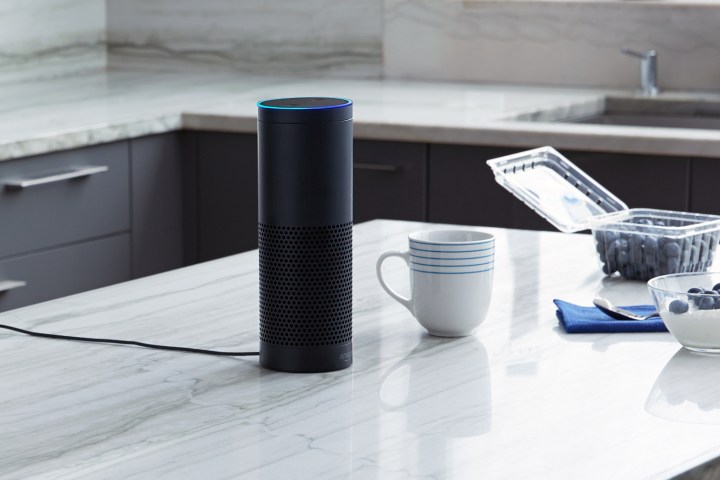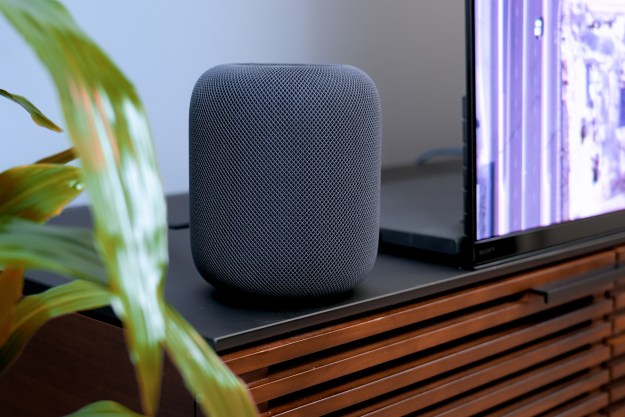
A voice calling feature allows the Amazon Echo and Google Home devices to have other capabilities such as messaging, caller ID, and completely hands-free calls. The home phone capability remains a priority feature each company wants to add this year, however, they do face a few logistical challenges. On one hand, privacy stands as a chief concern, as people may not enjoy having conversations on a device capable of recording everything they say. Apparently, Amazon only gathers metadata about calls — like phone numbers and the lengths of calls — as opposed to the actual conversations themselves.
Amazon and Google also have to get over other hurdles pertaining to 911 laws, regulations, and the impact it could have on other industries. If smart speakers such as the Echo or Home become home phones, companies such as AT&T and Verizon — of which sell traditional home phone services — would certainly feel the pinch. It’s no secret the landline business’ trajectory faces downward, and this new feature serves as another hit to this already struggling industry.
In addition to logistical challenges, the tech giants also intend to consider a few different options pertaining to implementation. These include each smart speaker boasting their own phone numbers, the device potentially syncing to a person’s existing phone number, Google or Amazon developing their own calling tool, or the Echo and Home connecting with an external provider — like Vonage or Skype. It’s likely the device makes use of VoIP (voice over internet protocol) technology, instead.
Editors' Recommendations
- What to do if your Amazon Alexa app is not working
- What is Home Depot’s Hubspace?
- Google Assistant loses 17 features as the company lays off employees
- The best smart home devices for 2023
- Alexa adds new features to help with your holiday shopping



